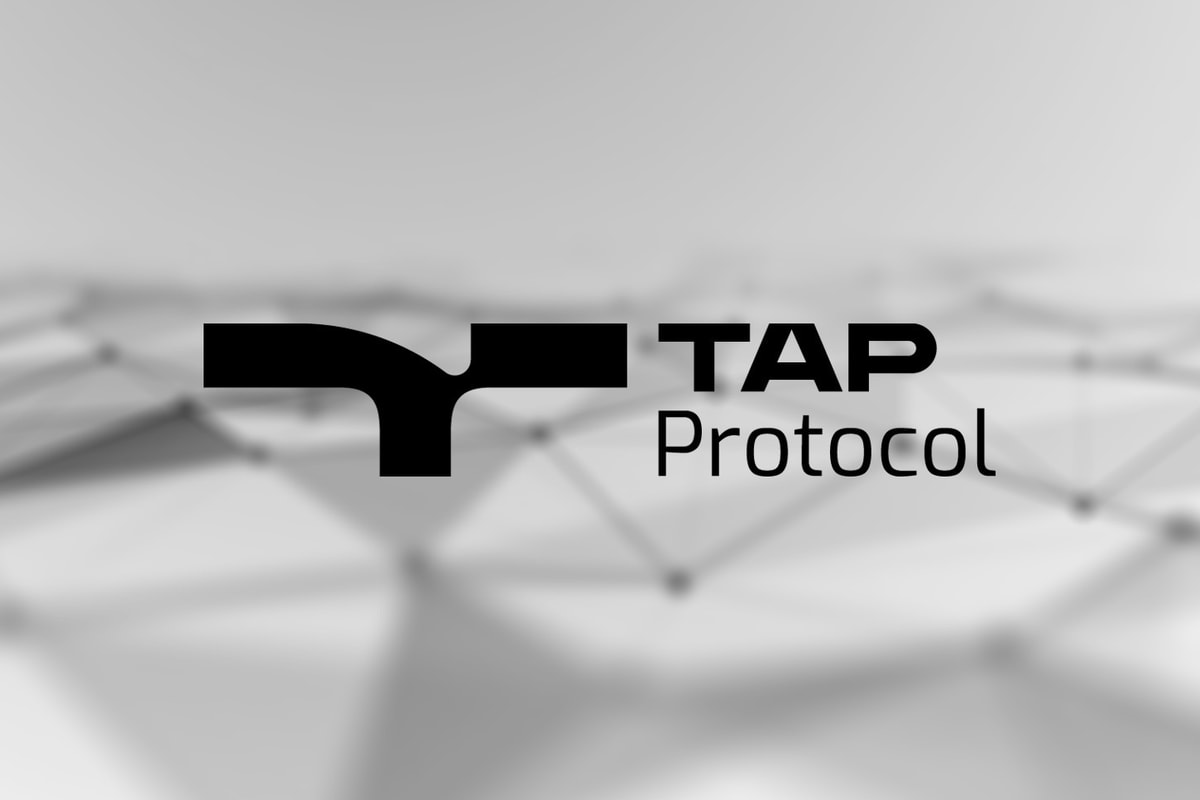Huang Lin, chief technology officer of Suterusu, revealed to Cointelegraph China on March 16’s Hub event that the project is launching one of the first layer-two privacy mining programs on the Binance Smart Chain.
According to Lin, Suterusu is a blockchain-agnostic privacy-preserving platform. Its features include a set-up-free and constant proof size ZK-conSNARK, which is based on the principle of incentive compatibility in game theory and a basic model in the proof-of-stake consensus mechanism.
Lin revealed that Suterusu’s protocol technical solution was completed by himself, researchers from the French National Academy of Sciences and cryptography experts from Karlsruhe Institute of Technology in Germany. Meanwhile, the company’s paper “Efficient Range Proofs with Transparent Setup from Bounded Integer Commitments” has been included in Eurocrypt 2021, the top international conference on cryptography.
He explained that Suterusu brings Zcash-level privacy to any blockchain platform or application. It integrates a state-of-the-art trustless ZK-SNARK scheme with nearly constant size proofs, efficient proof generation and verification. Suterusu has also introduced a Suter Virtual Machine, or SuterVM, that supports smart contract blockchains, such as Ethereum.
Although Lin thinks privacy is the most complex and challenging aspect in the field of blockchain, he is very confident in the technology. He added:
“As we all know, Zcash was the first to develop the ZK-SNARK zero-knowledge proof protocol. This protocol always has security problems caused by trusted presets. The trusted setting is equivalent to a hidden bomb. Once the attacker steals the trap information of the trusted initialization setting step, the bomb will be exploded, and the attacker can use it to launch a double flower attack, and the attack cannot be detected.”
Suterusu designed its token economy system to bring forth significant features to the blockchain ecosystem. First, it brings long-term security mechanisms for its PoS network; second, it allows effective incentives for multiple players in the ecosystem. It will also provide sufficient liquidity of node assets, according to Lin.
As for its token economics, the Suter token has a total supply of 10 billion, of which 4.8% are reserved for the team, 3.2% are to be used for the foundation, 16% are for a private sale and 76% are staked. Token distribution to the team and foundation will be locked for three years.
The Suter token adopts a deflationary release model, which means that annual supply halves every two years. Nearly 16% of the total are mined in the first year. The annual supply and cumulative volume in circulation by staking are shown in the following graph.
Suterusu vs. Tornado Cash
Lin emphasized that Suterusu’s approach is quite unique. It aims to maximize the level of privacy that is achievable with Suterusu, and at the same time, it differs from all other total value locked-based liquidity mining programs.
Lin said Suterusu’s mining will be based solely on the volumes produced: the more transactions, the more rewards.
By comparing both Suter Shield and Tornado Cash, Lin said that both are aimed to help users protect the privacy of their assets and personal information on a public ledger. Tornado Cash has been successful in achieving a large TVL and is the most used tool by whales to keep their funds confidential. On the other hand, Suter Shield wants to be the privacy-protection tool for the average Joe by designing and developing all the features necessary for retail users who are now cut off due to the minimum and fixed sizes required by Tornado Cash and above all by the Ethereum transaction costs.
Lin continued that the Suterusu protocol is built on an original ZK-conSNARK scheme. It does not require a trusted setup and can protect both the identities of the users and the transactional amount. In contrast, Tornado Cash’s ZK-SNARK proofs require a trusted setup (which is a huge security loophole) and cannot protect the transactional amount, which can only be fixed figures and requires the users to perform multiple transactions for a random transactional amount. Lin also believes that a large TVL doesn’t ensure privacy if people need to transact privately in a short period. He said:
“Even with a privacy-protection tool such as Tornado, cash with an extensive TVL, a low-density of transactions in the network cannot fully protect your privacy.”
The only way to build a real privacy-protection system is to have frequent transactions going in and out of the network, Lin believes. He said:
“This is exactly the focus of the Suter Shield Privacy mining program on Binance Smart Chain: aiming to increase the transaction volume in the Suter network and reward users exclusively on the basis of how many volumes they generated. Different from Tornado Cash or other players in the space that rewards you based on your TVL, Suter Shield rewards you based on how frequently you use the network.”
Lin finally revealed that the project has plans to collaborate with other projects in the BSC ecosystem that are working on decentralized exchanges, wallets, lending, insurance and liquidity mining.
According to Lin, PackShield, the world’s best blockchain security and audit company, has completed the contract audit of Suter Shield, and the security of using Suter Shield is guaranteed.
The future development of Suterusu will focus on two dimensions, according to Lin. The first is the docking at the protocol level, and the second is some application plug-ins developed by Suterusu, such as flash loans based on private transactions.











